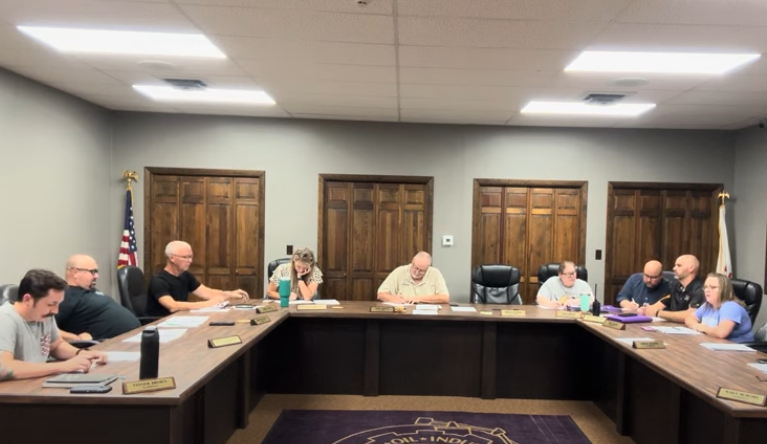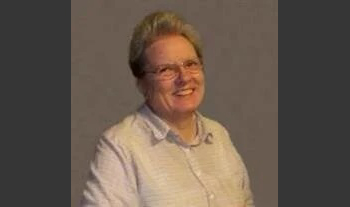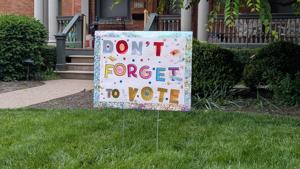Critics: Democrat Senators supporting “Democracy’ amendment would curtail free speech
Every Democrat in the U.S. Senate has backed a constitutional amendment designed to overturn the U.S. Supreme Court decision in Citizens United v. Federal Election Commission, which lifted legal restrictions on what corporations and unions can state politically during elections.
The Democracy for All Amendment proposed by U.S. Sen. Tom Udall, D-New Mexico, with 44 Democratic co-sponsors, states, “Congress and the States may regulate and set reasonable limits on the raising and spending of money by candidates and others to influence elections.”
The Democracy for All Amendment suggests that legislators, not the constitution or courts, decide what limits on spending would be “reasonable,” and therefore, which speech is “reasonable.”
It also specifies that legislators “may distinguish between natural persons and corporations or other artificial entities created by law, including by prohibiting such entities from spending money to influence elections.”
In Citizens United, the court found that organizations funded by individuals that spend money to communicate political messages to large numbers of people is protected speech. Limiting their spending restricts their ability to speak freely, which is a right protected by the First Amendment, critics of the proposed amendment argue.
The ban overturned by the court also only applied to messages that mentioned a candidate running for federal office within 30 days of a primary or 60 days of a general election.
“If the government banned computers and smartphones, that would clearly violate the First Amendment – not because computers and smartphones are speech but because they are necessary to participate in online debate,” Jacob Sullum, senior editor at Reason, says by way of analogy.
The amendment’s proposed ban on election-related speech organized by citizens includes nonprofit interest groups, single-person businesses, activist organizations, trade associations and labor unions, according to the amendment.
It also states that nothing in the amendment “shall be construed to grant Congress or the States the power to abridge the freedom of the press,” meaning news organizations structured as corporations would not be restricted in communicating political messaging.
“Democrats pretend that ending Citizens United is about restoring transparency and fairness to political speech,” Elizabeth Nolan Brown, associate editor at Reason, says. “But what sort of transparency and fairness prohibits vast swaths of its organized advocacy and community groups from talking about candidates and campaign issues at the very time when they’re most important? Behind the rhetoric about ‘dark money’ and ‘corporate influence,’ what this ‘reform’ would do is to strip speech rights from all sorts of citizens – and let politicians hoard power over political narratives themselves.”
Sen. Tom Carper, D–Delaware, a cosponsor of the bill, argues the Amendment “will restore the health and integrity of our campaign finance system. Every American deserves to have an equal voice at the ballot box, regardless of the size of their bank account.”
The House proposed a similar bill in the 116th Congress, which was supported by the ice cream company Ben & Jerry’s. The company said, “Money in elections is a lot like the graham cracker swirl in Strawberry Cheesecake ice cream – a little bit of it is good, but too much and it misses the point entirely.”
The very political speech Ben & Jerry’s published on its website supporting the amendment would effectively be limited by the amendment, critics note. Ben & Jerry’s and every other “corporation” would no longer make political comments about political issues or elections depending on how much money they spent to communicate the message.
Under the Republican majority-controlled Senate, the amendment proposed by the Democratic caucus has little chance of even being heard on the floor for a vote.
Latest News Stories

Casey-Westfield School District to Save Over $52,000 on Insurance Premiums

Casey Proposes Electric Rate Hike to Stave Off Deficits; Gas Rates Next Under Review

Casey’s Proposed Budget Jumps 53% to $31 Million, Driven by Grant Opportunities

Meeting Briefs: Casey City Council for July 21, 2025

Patrick Randel Simpson

Roy Lee Hock

Casey Rotary Club Meeting Held

Council Increases Popcorn Festival Funding to $25,000 After Heated Budget Debate

Casey Moves Forward with Hotel Feasibility Study and TIF District Analysis

Casey City Council July 7 Meeting Briefs

Donna K. Wilson

Cooling Centers Available













